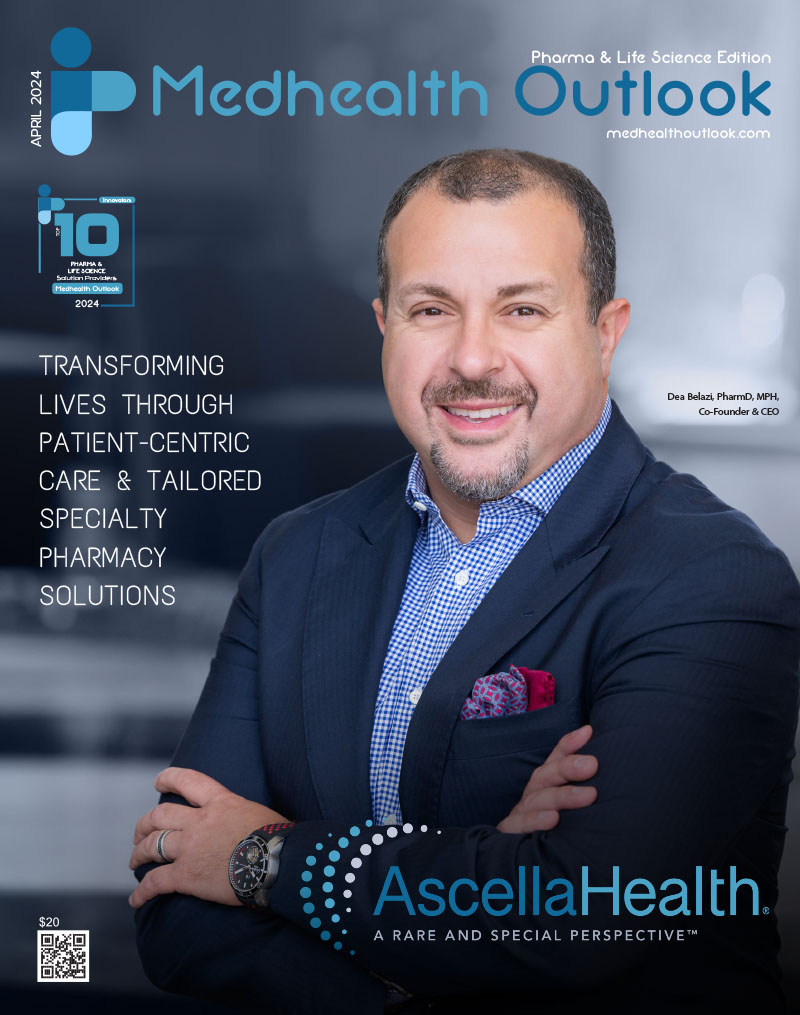Tempus: Precision Medicine Through Data-Driven Insights
The AI in healthcare space, while promising immense potential for revolutionizing patient care and clinical outcomes, also faces several challenges that need to be addressed for its successful integration and widespread adoption. AI algorithms rely heavily on high-quality and comprehensive data for training and validation. However, healthcare data often exists in disparate formats, across various systems, and may suffer from inconsistencies, inaccuracies, and incompleteness. Ensuring data quality and accessibility remains a significant challenge, as healthcare organizations grapple with interoperability issues, data silos, and privacy concerns. This is in addition to the fact that AI in healthcare is a highly regulated industry, with stringent standards and guidelines governing the collection, storage, and use of patient data. AI technologies raise complex ethical and regulatory questions regarding patient privacy, consent, data security, and liability. Ensuring compliance with regulations such as HIPAA (Health Insurance Portability and Accountability Act) and GDPR (General Data Protection Regulation) while harnessing the power of AI poses a significant challenge for healthcare providers and technology developers.
Moreover, lack of interpretability and transparency in AI models can undermine trust among healthcare professionals and patients, hindering their acceptance and adoption. Ensuring the explainability of AI algorithms and providing insights into their decision-making process is critical for fostering trust and confidence in AI-driven healthcare solutions. Validating the clinical efficacy and safety of AI-driven healthcare solutions is essential for their successful integration into clinical practice. However, conducting rigorous clinical trials and studies to demonstrate the effectiveness of AI algorithms can be time-consuming, resource-intensive, and challenging. Healthcare providers also face obstacles in integrating AI solutions into existing workflows, electronic health record systems, and clinical decision-making processes, highlighting the need for seamless interoperability and user-friendly interfaces.
Addressing these challenges requires a collaborative effort from stakeholders across the healthcare ecosystem, including healthcare providers, technology developers, regulators, policymakers, and patients. By prioritizing data quality, transparency, fairness, and interoperability, and investing in workforce training and education, the AI in healthcare space can unlock its full potential to improve patient outcomes, enhance clinical decision-making, and transform the delivery of healthcare services. At the forefront of this revolution stands Tempus, a leading technology company dedicated to transforming how cancer is treated by leveraging data-driven insights, advanced analytics, and cutting-edge technology. With a mission to empower healthcare providers with actionable information to improve patient outcomes, Tempus is reshaping the future of medicine and accelerating progress towards personalized cancer care. Tempus was founded in 2015 by Eric Lefkofsky, a visionary entrepreneur with a passion for leveraging technology to solve complex challenges in healthcare. Inspired by his own experiences with a loved one’s cancer diagnosis, Lefkofsky recognized the need for a more data-driven and personalized approach to cancer treatment. With this vision in mind, Tempus set out to build a comprehensive platform that aggregates and analyzes clinical and molecular data to uncover actionable insights for oncologists and researchers.
Over the years, Ryan and Eric began assembling a world class team, focused on building the first version of a platform capable of ingesting real time healthcare data in an effort to personalize diagnostics. “We built the platform for oncology and have expanded it to neuropsychiatry, cardiology, infectious disease (through COVID), and radiology. Despite our rapid growth, our mission remains the same—to help make sure patients are on the right drug at the right time, so they can live longer and healthier lives.”
Transforming Precision Medicine
Tempus’ innovative platform combines advanced analytics, machine learning algorithms, and genomic sequencing technology to analyze large volumes of clinical and molecular data from cancer patients. By integrating data from diverse sources, including electronic health records, pathology reports, imaging studies, and genomic sequencing data, Tempus provides oncologists with a comprehensive view of each patient’s cancer profile, enabling more informed treatment decisions and personalized care plans. Since its inception, Tempus has made significant strides in advancing precision medicine and transforming cancer care. The company’s platform has been instrumental in accelerating research efforts, improving clinical trial matching, and facilitating targeted therapy selection for cancer patients. By harnessing the power of data and analytics, Tempus has helped oncologists identify novel biomarkers, uncover new therapeutic targets, and develop more effective treatment strategies for cancer patients.
Tempus’ impact extends beyond the clinic, with the company forging strategic partnerships with leading healthcare institutions, research organizations, and pharmaceutical companies. Through collaborations with organizations such as the Mayo Clinic, Duke University, and the National Cancer Institute, Tempus has expanded its reach and accelerated the pace of innovation in cancer research and care. These partnerships have enabled Tempus to access large-scale clinical and molecular datasets, validate its analytical methods, and drive forward-thinking research initiatives.
Applying Data-driven Approach to Healthcare
Tempus has leveraged its platform to support real-world evidence generation, outcomes research, and population health management initiatives. By analyzing de-identified patient data in collaboration with healthcare providers and research partners, Tempus aims to uncover trends, patterns, and insights that can inform healthcare policy, improve quality of care, and drive innovation in cancer treatment and prevention.
As Tempus continues to grow and evolve, the company remains committed to advancing precision medicine and improving cancer care through innovation and collaboration. With a focus on expanding its platform capabilities, enhancing data integration and interoperability, and driving forward-thinking research initiatives, Tempus is poised to make even greater strides in the fight against cancer.
In addition to its core focus on oncology, Tempus is exploring opportunities to apply its data-driven approach to other areas of healthcare, including neurology, cardiology, and infectious diseases. By leveraging its expertise in data analytics, machine learning, and genomic sequencing, Tempus aims to unlock new insights, develop novel therapies, and transform the way diseases are diagnosed, treated, and managed across the healthcare continuum. By harnessing the power of advanced analytics, machine learning, and genomic sequencing technology, Tempus is revolutionizing how cancer is diagnosed, treated, and managed. With a relentless focus on improving patient outcomes, accelerating research, and driving innovation, Tempus is poised to continue making a profound impact on the future of precision medicine and personalized cancer care.




